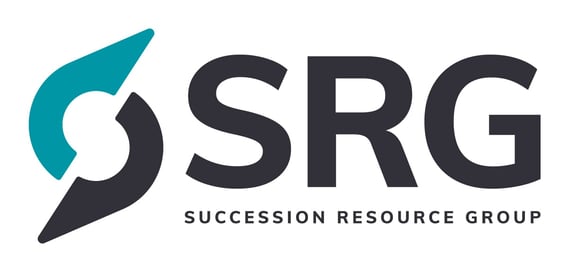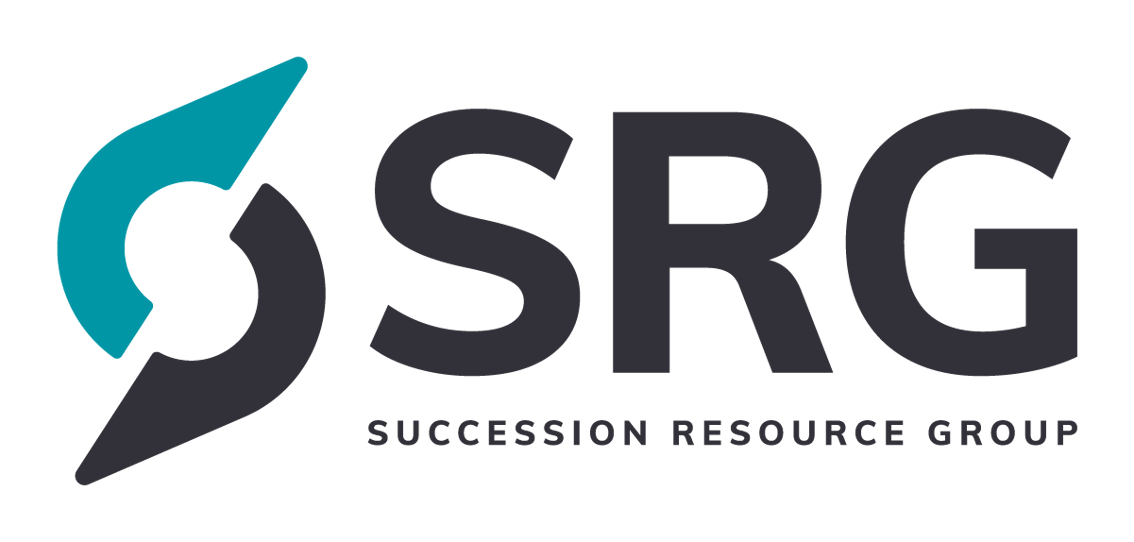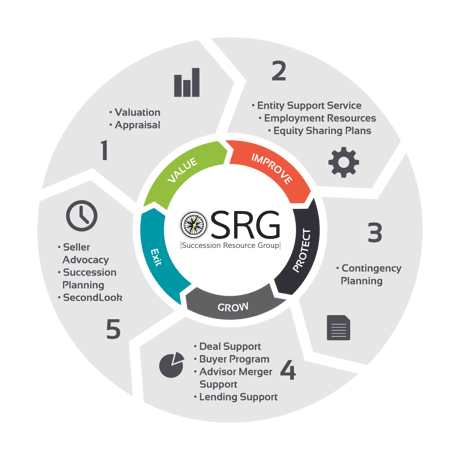Over the next 10 years, 4.5 million businesses with over $10 trillion in value will transition into new hands via mergers and acquisitions. A major source of this shift is the retirement of baby boomers - 10,000 of whom turn 65 every single day. It is therefore more important than ever that business owners keep a pulse on their valuation, and to value their businesses annually. This can help business owners identify weaknesses in their business, make better financial decisions, and provide them with an opportunity to implement informed strategies for improvement moving forward (among other benefits). Not only will valuations help business owners run their business better in the short term, understanding the value of their firm will help them be prepared to sell the business and understand what it is worth when the time comes.

How to Value a Company for a Merger or Acquisition
When a business owner needs a valuation conducted in preparation for a potential merger or acquisition, it is beneficial to partner with a third-party service provider to receive a reliable and objective analysis that is free of personal bias. For those with financial firms, Succession Resource Group is able to leverage their extensive experience in the field to assess the value of a business and can leverage hundreds of actual deals in the financial services industry for comparison. We believe that there is no replacement for this type of relevant experience, as we can analyze and contrast data with industry standards as well as provide the necessary context in reference to other similarly sized financial firms.
Discovery Phase
Perhaps the most important part of a valuation is the discovery phase where the owner is able to share detailed information about their company. The business owner is provided with a questionnaire that will help set the stage for a seamless business valuation process. We then will conduct a 1-hour intake call to discuss and go over the questionnaire responses to fully understand the business in its entirety.
In this early stage we will also collect the business’ financial statements, including their balance sheet and/or income statements. This will give us the information needed regarding the business’ capital structure, overall financial performance, investments, and trends. This transparent sharing for information allows us to accurately evaluate and project the value of the business in comparison to others in the industry.
Recasting Financial Information
Part of determining a viable market value for a business includes ensuring that its EBITDA (earnings before interest taxes depreciation and amortization) have been normalized. By taking a deep dive into a business’ historical financials, we must remove non-business related expenses from the income statement and/or balance sheet to demonstrate the company’s accurate profitability. This could include non-recurring revenue and expenses, one-time charges, excessive ownership salaries, bonuses, non-critical vehicles leased or owned by the business, or other discretionary or excessive expenses. When we remove these types of transactions from the EBITDA, a buyer can get a better sense of what a company is worth.
Recasting is an approved process in the GAAP (generally accepted accounting principles) and is crucial to accurately representing a company’s true profitability. By focusing only on the essential business expenses, we can set a solid foundation for forecasting future earnings in a predictable way that does not include discretionary transactions that would be irrelevant for a buyer. If the financial information was not recast before constructing the valuation, a business would be at risk for being undervalued and (in turn) the company may then receive purchase-price offers that are reasonably underbid.

Valuation Methods
Once the EBITDA has been normalized, we can begin the formal valuation for a company. When it comes to specific valuation methods, we believe that weighing a variety of factors and leveraging all relevant data points will generate the most comprehensive results. During the valuation process we must consider all pertinent factors of each business asset and its investment merits. Because of this, we typically leverage three key valuation methods that are consistently utilized amongst investment banking companies and throughout the financial industry.
- Income Approach: The income approach estimates future cash flows are discounted to present value at an appropriate rate of return for the investment.
- Market Approach: The Market Approach utilizes valuation ratios derived from transactions of companies that are like the subject business or business assets. This allows us to apply direct comparisons to help inform the purchase price for a given company.
- Asset Approach: The Asset Approach analyzes the assets and liabilities of the business and restates them from a historical cost to fair market value.
Comprehensive Analysis and Reporting
While assessing valuation by reviewing cash flow, industry comparables, and assets are critical for supporting a business’ appraisal value, we understand that there are many other variables that can influence valuation and the ultimate sale price. This is why our analysis extends well beyond the company’s immediate financial statements to deliver meaningful context that can inform buyers in the mergers and acquisitions process. These points of analysis include (but are not limited to):
- Company Information: Utilizing the client questionnaire and interview, we develop a robust presentation of the company - both from a historical and present perspective. This provides immediate answers to questions that a buyer may have and helps provide background for the financial data that is presented. What is the company structure like, who are the advisors, and what are their qualifications? What is the company’s client base like, who do they serve, who are their target customers, and what are their primary client acquisition methods? How does the company communicate with their clients and at what frequency? What recurring expenses (such as office space and employee compensation) and debt does the company have and where does it come from?
- Industry Analysis and Outlook: In addition to comparing a company to those in similar mergers or acquisitions deals, we use reputable, current, third-party resources to research the financial planning and advice industry as a whole. In addition to a general overview of the industry, we assess industry trends and performance, the competitive landscape of similar services, and the current state of policies, regulations, and regulatory bodies that may affect how business is conducted.
- Economic Analysis and Outlook: When assessing the valuation of a business interest, we also consider the general economic outlook and what influences it may have on a potential acquisition. A review of the current Gross Domestic Product (GDP), the Consumer Confidence Index to measure the degree of optimism regarding the economy, unemployment rates, and stock market trends will be included.
- Attrition Index and Risk Factors: A potential buyer will want to have an understanding of the client relationships and a seller’s ability to transfer these revenue-producing relationships to a successor. For an acquisition deal to be worth it for a buyer, they need reassurance that clients and their purchase behaviors can be retained under new management. We conduct a thorough review of the many factors that could influence the practice risk and client relationship risk. This helps inform potential buyers on any red flags (or lack thereof) that could impact the potential success of an investment and influence its overall value.
Conclusion
Determining the value for a company goes well beyond its share price and financial statements. It is a combination of financial data, company and industry insights, market comparison and more. Ultimately, the value of a company is what a buyer is willing to pay for it amidst all of the different variables. A valuation analysis provides business owners with an objective, fair-market price point for their company. This will ensure that it is ready to begin the discussions of new mergers and acquisitions opportunities when the time is right. Even for those not ready to sell, a valuation can underscore areas for improvement and more efficiency to increase the value of a business over time.















